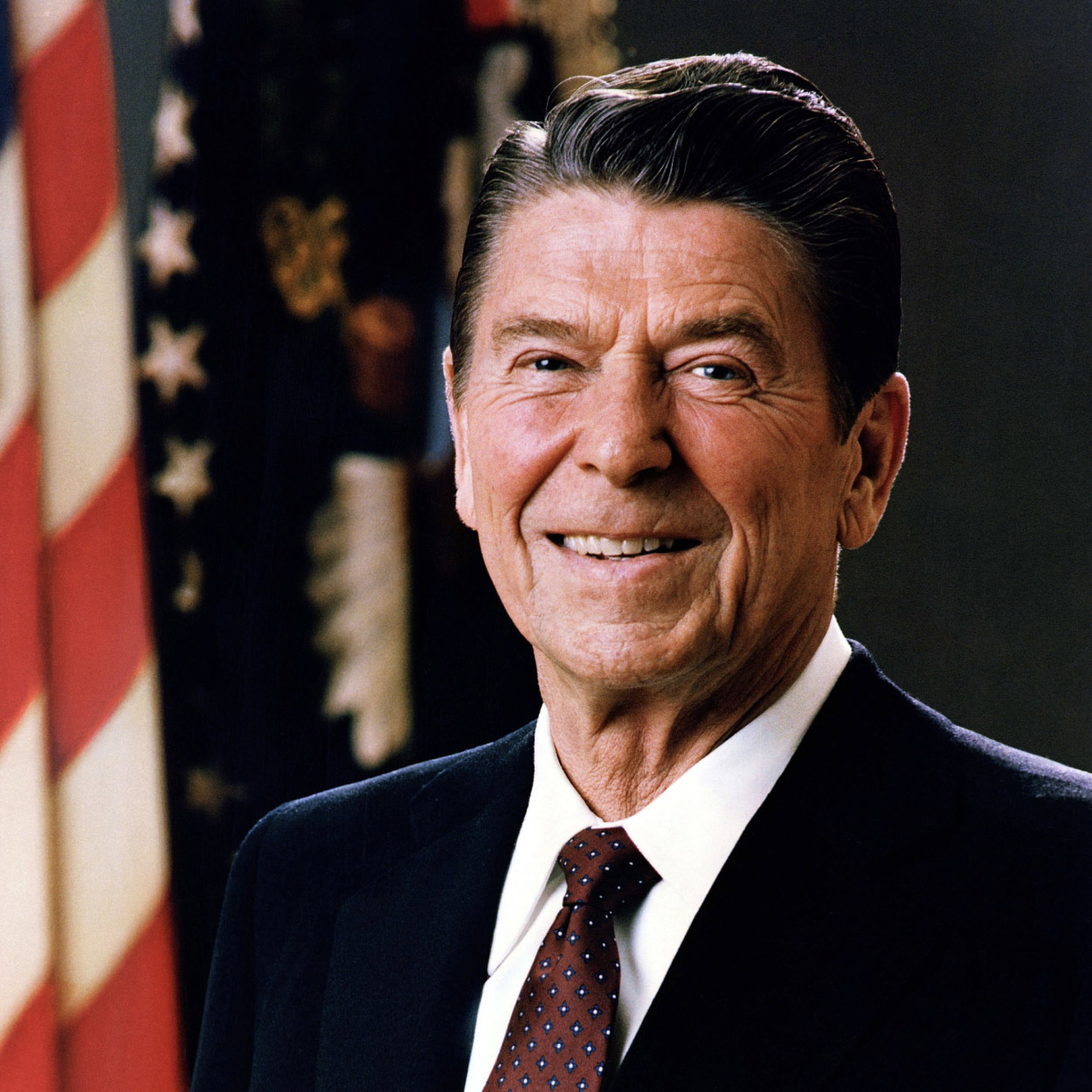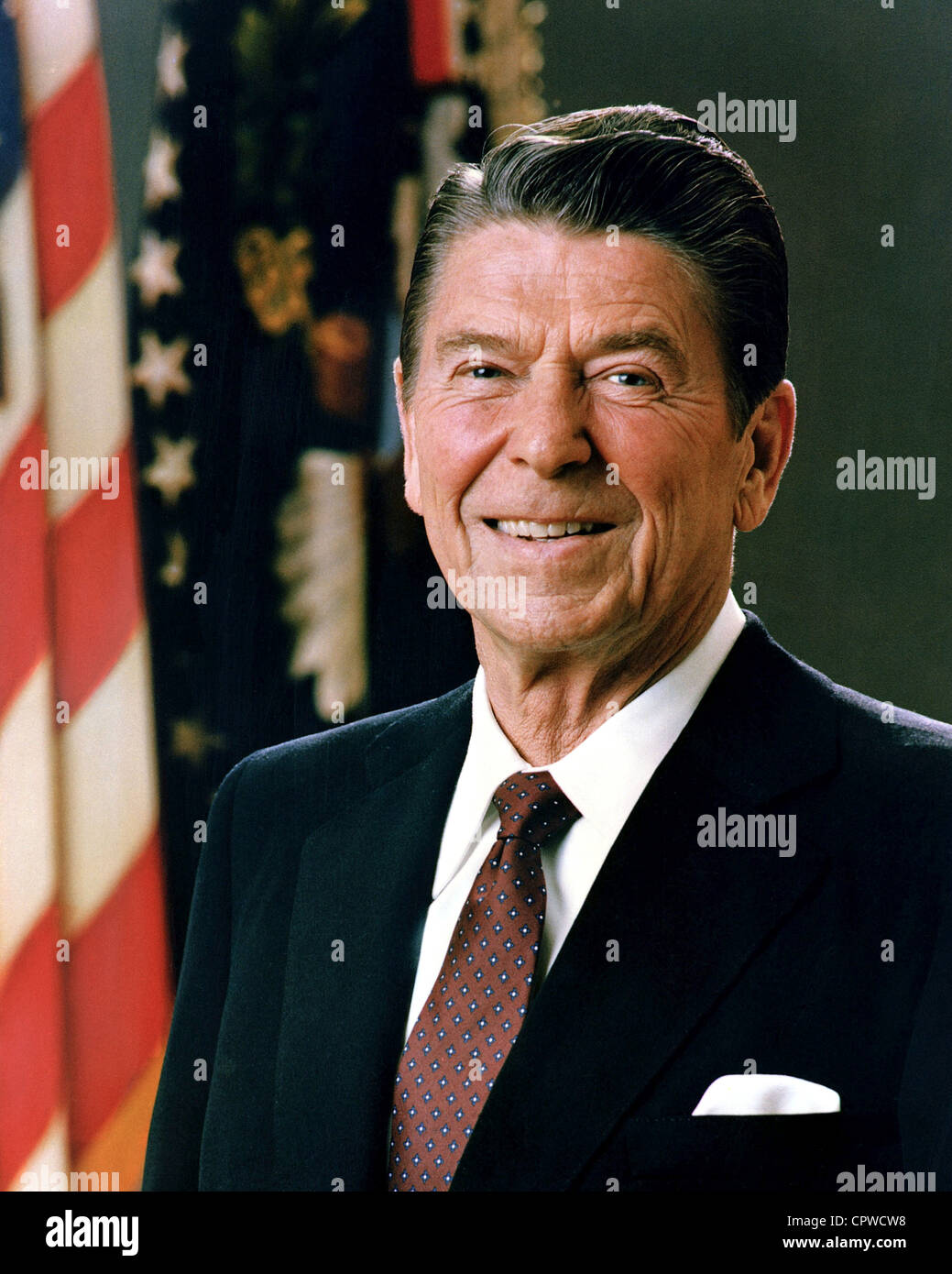
Ronald Reagan, who served as the 40th President of the United States, remains a polarizing figure in American history, eliciting a wide range of opinions and emotions from people across the political spectrum. He was born on February 6, 1911, in the small town of Tampico, Illinois, and his life story is one of extraordinary transformation. Reagan’s early years were marked by modest beginnings, but he eventually rose to prominence as a Hollywood actor, captivating audiences with his charm and charisma. His transition from the silver screen to the political arena culminated in his election as President, where he played a pivotal role in shaping both domestic and foreign policies during a critical period in American history. This article will delve into the various phases of Reagan’s life, examining his significant contributions and the enduring influence he has had on the nation and the world at large. Through an exploration of his policies and leadership style, we aim to understand the complexities of his legacy and the reasons why he continues to be a subject of intense debate and admiration.
Early Life and Education

### Childhood in Illinois
Ronald Reagan was born to John Edward Reagan, a shoe salesman who faced significant financial difficulties, and Nelle Wilson Reagan. His formative years were characterized by a tumultuous environment, largely due to his father’s struggles with alcoholism. Despite these hardships, Reagan often reflected on his childhood in **Dixon, Illinois**, as a time filled with joy and innocence. The small-town atmosphere, coupled with the love and support of his mother, helped shape his optimistic outlook on life. He found solace in the simple pleasures of childhood, which would later influence his values and approach to leadership.
### College Years at Eureka College
After graduating from high school, Reagan enrolled at **Eureka College**, where he not only pursued his academic interests but also engaged in extracurricular activities that would define his college experience. He played gridiron football, showcasing his athletic abilities, and became actively involved in the drama society, where he discovered his passion for acting and public speaking. Although his academic performance was modest, with only passing grades, Reagan’s charisma and charm made him a well-liked figure on campus. His peers recognized his leadership qualities, and he was elected class president during his senior year. In **1932**, he graduated with a degree in economics and sociology, poised to take on the world and eager to explore the opportunities that lay ahead.
From Radio to Hollywood

The Start of a Broadcasting Career
Following his graduation from college, Ronald Reagan embarked on a journey that would ultimately shape his future in both media and politics. He secured a position as a sportscaster at WOC, a radio station located in Davenport, Iowa. It was here that he began to hone his skills in broadcasting, particularly through his dynamic and enthusiastic play-by-play commentary of Chicago Cubs baseball games. Reagan’s ability to captivate and engage his audience not only made him a beloved figure among sports fans but also laid the groundwork for his later achievements in the political arena, where effective communication would become a cornerstone of his career.
Hollywood Stardom
In 1937, Reagan made a bold move to California, driven by his ambition to become an actor. His transition into Hollywood proved to be remarkably successful, as he quickly established himself in the film industry, appearing in over 50 films throughout his career. Some of his most memorable performances came in classic movies such as Knute Rockne—All American and Kings Row. Reagan’s on-screen charisma and relatable persona resonated with audiences, earning him the affectionate nickname “the Great Communicator.” This ability to connect with people would later serve him well in his political endeavors, as he transitioned from the silver screen to the political stage.
Political Awakening
:max_bytes(150000):strip_icc()/3163292_HighRes-resize-56a48d5c3df78cf77282f002.jpg)
From Liberal to Conservative
In the early stages of his political journey, Ronald Reagan identified with liberal Democratic ideals, largely shaped by the beliefs of his father. This alignment with liberalism characterized his views for a significant portion of his early life. However, during the 1950s, Reagan experienced a profound transformation in his political ideology. As he became more aware of the shifting political landscape and the challenges facing the nation, he gradually adopted a more conservative stance. This evolution culminated in a pivotal moment in 1962 when he officially changed his party affiliation to Republican, marking a definitive break from his earlier beliefs and aligning himself with the conservative movement that was gaining momentum in America.
Union Leadership and Anti-Communism
Reagan’s political ascent was further solidified during his tenure as president of the Screen Actors Guild from 1947 to 1952. In this role, he took a strong stand against the perceived threat of communist infiltration within the entertainment industry, which was a significant concern during the post-World War II era. His active involvement in combating these influences showcased his commitment to protecting American values and the integrity of Hollywood. A key moment in this fight came when he testified before the House Un-American Activities Committee, a decision that would prove to be a turning point in his political career. This testimony not only highlighted his growing anti-communist sentiments but also marked the beginning of his embrace of more conservative values, setting the stage for his future political endeavors.
Governorship of California

Becoming Governor
In 1966, Reagan was elected as the Governor of California, serving until 1975. His tenure was marked by significant reforms, including efforts to reduce the size of government and promote fiscal responsibility. However, he also faced challenges, such as student protests and civil unrest.
Handling Civil Unrest
Reagan’s response to the Berkeley protests in 1969, where he called in the National Guard, showcased his tough stance on law and order. This approach resonated with many voters and helped solidify his reputation as a strong leader.
Presidency: A New Era
:max_bytes(150000):strip_icc():focal(762x396:764x398)/Ronald-Reagan-tout-042424-459ec6ce8eb64586b365acc4614066a2.jpg)
Election to the Presidency
In 1980, Reagan was elected the 40th President of the United States. His campaign focused on restoring American pride, economic recovery, and a strong stance against communism. He won a landslide victory, signaling a shift in American politics.
Key Domestic Policies
Reagan’s presidency was characterized by significant tax cuts, deregulation, and a focus on free-market principles. His economic policies, often referred to as Reaganomics, aimed to stimulate growth through supply-side economics.
Table: Key Domestic Policies of Reagan’s Presidency
| Policy | Description |
|---|---|
| Tax Cuts | Implemented significant tax reductions to encourage investment and spending. |
| Deregulation | Reduced government regulations on businesses to promote economic growth. |
| Welfare Reform | Revised welfare programs to reduce dependency on government assistance. |
Foreign Policy and the Cold War
Reagan’s foreign policy was heavily focused on combating the threat of Soviet communism. His administration took a hardline stance, which included increasing military spending and supporting anti-communist movements worldwide.
The Iran-Contra Affair
One of the most controversial aspects of Reagan’s presidency was the Iran-Contra Affair, where funds from secret arms sales to Iran were used to support Contra rebels in Nicaragua. This scandal raised questions about presidential power and accountability.
Legacy and Impact

Reagan’s Influence on Modern Politics
Reagan’s presidency left a profound impact on the Republican Party and American politics. His conservative policies and charismatic leadership style continue to influence political discourse today.
Remembering Ronald Reagan
Reagan passed away on June 5, 2004, but his legacy lives on. He is remembered as a transformative figure who played a crucial role in ending the Cold War and reshaping the political landscape of the United States.

Ronald Reagan’s journey from a small-town boy to the President of the United States is a testament to the power of determination and charisma. His policies and leadership style have left an indelible mark on American history, making him a pivotal figure in the 20th century. Whether you agree with his politics or not, there’s no denying that Reagan’s influence is still felt today.

